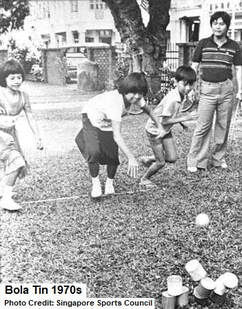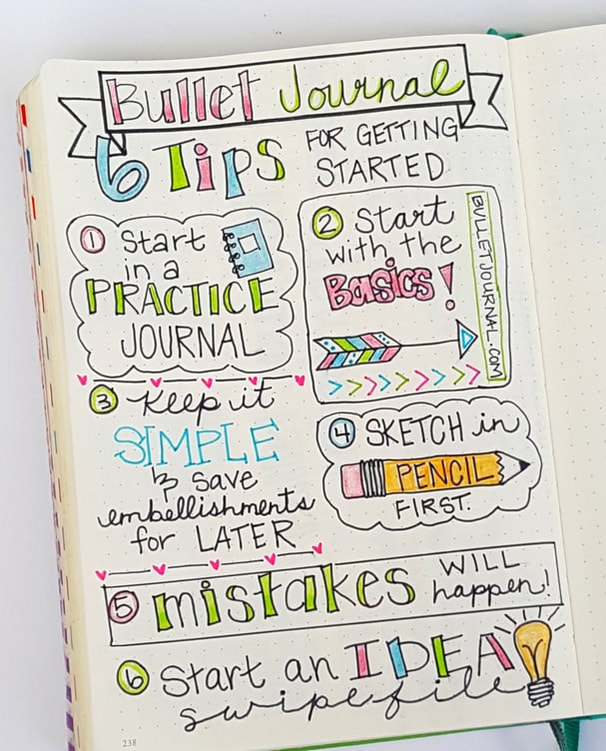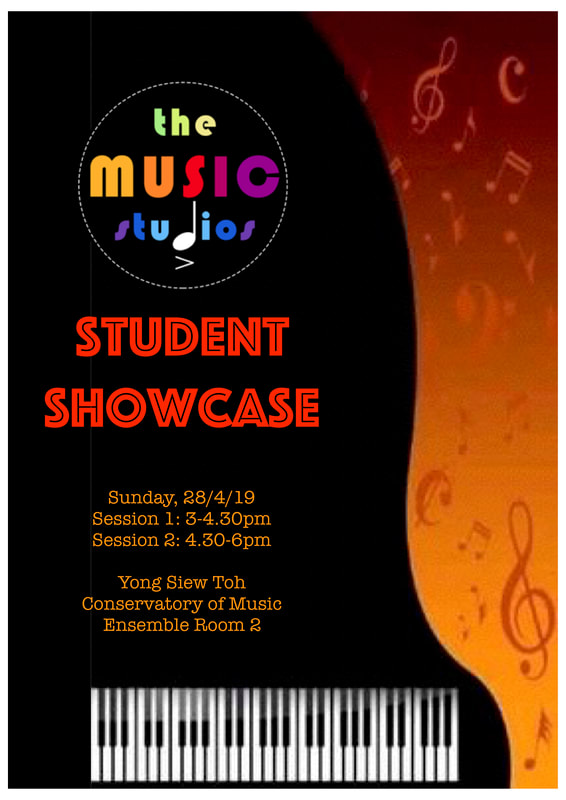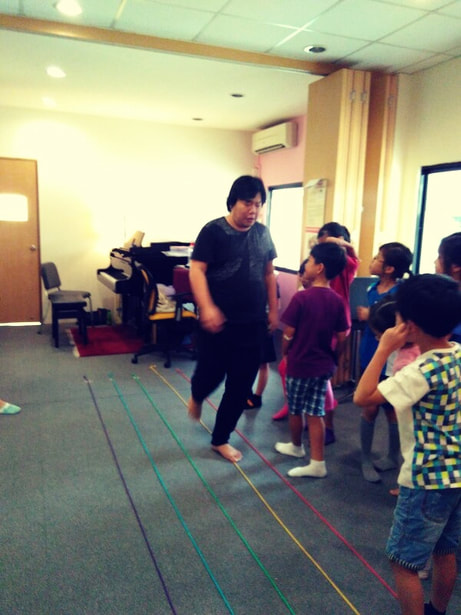|
by Khoo Hui Ling
After graduating from being a music student, the commitments of working life and adulthood took up time and energy as compared to before when all my time revolved around the piano. There were times when I felt so drained, I hardly had any brain space left for inspired practice. Upon chatting with fellow musicians, music teachers, and music lovers, I realized I was not alone. So at the start of 2019, I carved out time to re-connect with music in a personal rather than professional way, with the sole intention of keeping my perspectives on music fresh. Now at the start of 2020, I feel that those steps I had taken have become habits that have invigorated my musical self. I’d like to share three of those habits with you today - habits that any music lover regardless of profession, level or age can cultivate.
3 Comments
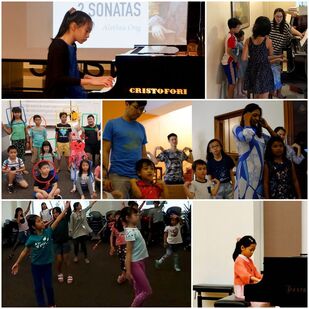 by Khoo Hui Ling I recently wrote a short essay called Three Birthday Wishes which was published in the 2019 edition of The Birthday Book: Narratives, Undiscovered and Underway in celebration of Singapore's bicentennial. Wishes are not just for birthdays though. Christmas is a season for wishes too, and this festive week, I'd like to share this essay here as a dedication to all my students past or present, whether at NUS or The Music Studios: Merry Christmas and onwards to 2020! Here goes: Are childhoods then and now very different? My parents sometimes reminisce about their childhoods. They played simple games like chapteh, hantam bola, goli and five stones with neighbours. Having many siblings meant there was always someone to play with. They recall terrifyingly strict school headmasters. Yes, they had canes! Childhood had a certain romantic innocence then. That simplicity is a Tasmanian tiger in modern lifestyles: extinct. For many families, both parents work. Many children see much more of the helper at home than they do their parents. They probably have schedules like a fondue fountain, overflowing with sports, arts and academic classes. There is an undeniable complexity in the lives of today’s children. We cannot change the inevitably morphing face of childhood. But as a music educator who has taught children and teenagers, I question how these changes are impacting them. Are we raising healthy children with beautiful hearts? In each child’s face lies a pair of twinkling eyes, alive with curiosity. Children are a reminder of the undiscovered, as easily destroyed as it is precious. This year, as we celebrate 54 years of nation building, I would love to make birthday wishes for the children of Singapore too. Just three wishes. ***
We are extremely excited to once again present out student showcase at the Yong Siew Toh Conservatory Orchestra Hall. Please browse/download the programme here:
Kudos to all teachers and parents whose endless encouragement and support have been such an inspiration to the students!
by Khoo Hui Ling I had a love-hate relationship with Beethoven’s Emperor Concerto. Those consecutive thirds in the first movement, they eluded me. Almost everyday from 2013-2014, the practice rooms in the University of Oregon resounded with those thirds. They were like a majestic announcement of my presence, except I felt deeply apologetic to those practicing next to me, for having their ears relentlessly pulverised by those thirds.
It was during this period of time that I turned to journaling my practice sessions. I had run into brick walls before, but this time was different. This time, I felt like I was up against the Berlin Wall! Journaling was crucial in helping me overcome the practice rut I had strayed into. Recently, I’ve found myself encouraging students, especially adult students, to keep their own practice journals. It helps to clarify one’s thoughts and objectives, and is an especially cathartic exercise if the practice session had been frustrating. And if the practice session went well, then journaling becomes a form of self-encouragement. I was thus inspired to write this post on how I use my practice journal, and I hope it ignites some ideas pertaining to journaling your own music journey. by Arlene Chng Many parents often ask what musicianship lessons entail. What are the differences between piano and musicianship lessons? Can’t musicianship be taught during regular piano lessons? Is musicianship essential to learning the piano? To shed some light on musicianship lessons, I decided to write a post on what a typical musicianship class is like. A Typical Musicianship Class with TMS student Charlene YuanCharlene is just turning 9 years old, and has been having weekly 45 minute musicianship lessons with me since last year. A typical lesson with her includes warm-ups, rhythmic exercises, solfege, aural training, as well as theory application.
Thank you for taking the time out to support our young performers today! Scroll down to view or download the performers and repertoire for The Music Studios Student Showcase on 28th April 2019. To keep up with the latest updates on music learning, like/follow The Music Studios on Facebook here.
by Khoo Hui Ling Jerison's abundance of energy as he demonstrates an exercise. About a year back, I had the pleasure of having Mr. Jerison Lee, Dalcroze Consultant at The Music Studios, conduct a private Dalcroze Eurhythmics workshop for my students. I don't think I've ever met a teacher who had such an abundance of energy. His could rival the young ones'. Needless to say, the workshop ended with the kids listening to music with new found enjoyment. I was also pleasantly surprised at how some of my students opened up and displayed confident spontaneity through Jerison's teaching.
Just a little introduction to the Dalcroze Method. It is an approach to music education whereby students learn aspects of musicianship such as solfege, improvisation, rhythm and phrasing. Students experience musical gesture via body movement. I've found that it helps nurture a natural musical instinct in students. This June, The Music Studios will be organising a Musical Arts Holiday Camp led by Jerison. In the midst of working with him, we found out so many inspiring things about him as a teacher. We hope this interview with him could unveil some colourful snippets of being a music educator. What has your musical journey been like, and how did you realize your calling to teach Dalcroze? I always loved music as a child and I started learning piano like everyone else did. When I was in primary school, I joined the concert band and that was the beginning of the exciting musical journey of my life! Basically I was hooked and I started joining choir, orchestra and chinese orchestra. I began teaching the piano when I was 17 and honestly was quite helpless. After several years of exploring, a friend introduced the Dalcroze approach and after attending a Dalcroze Conference in Japan, I decided this is it! I want to study Dalcroze. Thank you for taking the time out to support our young performers today! Scroll down to view or download the performers and repertoire for Music For Tea Time. To keep up with the latest updates on music learning, like/follow The Music Studios on Facebook here.
by Khoo Hui Ling
How many of us have practised whilst mulling over dinner possibilities? Or perhaps have unknowingly slid into ‘OCD’ repetition mode during a practice session? Surely we have at some point realized with a jolt that we are forgetting to listen intently to ourselves? We’ve all been there, because we are human. However, students often get lost in there, the doldrums of unfocused practising, unable to find their way out. To help students navigate out of this vicious cycle, I have to script their inner conversation. For inside each of us, there lives a little voice. We are always having conversations with this little voice. It is a way of perceiving our surroundings, a means to making decisions. Teaching students to be aware of and to use this inner conversation is the key to effective and efficient practice. How To Develop An Inner Conversation 1. Language The skilful use of concise language to teach is imperative in developing a strong inner conversation for students. Professor of Piano at the Yong Siew Toh Conservatory Thomas Hecht is a master at that. Dr. Hecht is a very dear teacher who apart from imparting enduring life lessons, also taught me how to listen and not merely hear. In a recent presentation entitled “Launching My ‘SMART’ Piano Studio”, Dr. Hecht showed how his teaching concepts have been economically abbreviated into interactive ‘apps’ which are screened onto a wall right in front of students in his studio. The Gattacca of the Yong Siew Toh Conservatory! by Goh Ruyin
In light of the inclusion of teaching emotional intelligence in mainstream education in Singapore, here is the chicken-and-egg question that parents are probably burning to ask: does learning music really help your child’s emotional quotient (EQ)? Or do people with high EQ naturally find an affinity with music? Let me respond with my own personal experience. Music, to me, was and is an essential partner in my emotional development. MUSIC HELPED ME DISCOVER AND MAKE PEACE WITH MY EMOTIONS I was a very emotional child. However, I was socially awkward and could not even look to my family for emotional support. Hence, I turned to the written word and music for solace. Pages after pages of diary entries were filled, and ballad after ballad was tinkled out soulfully (at least, I like to think) on the piano. I joined the choir in primary school, and the concert band in secondary school until junior college. I felt chills go down my spine as I made otherworldly sounds on my instrument. It was such a transcendental experience. It still is. Every day, my emotional connection with myself deepens, and music is like the vector that carries it through. |
AuthorsKhoo Hui Ling Archives
January 2020
Categories
All
|
||||||||||||||||||


